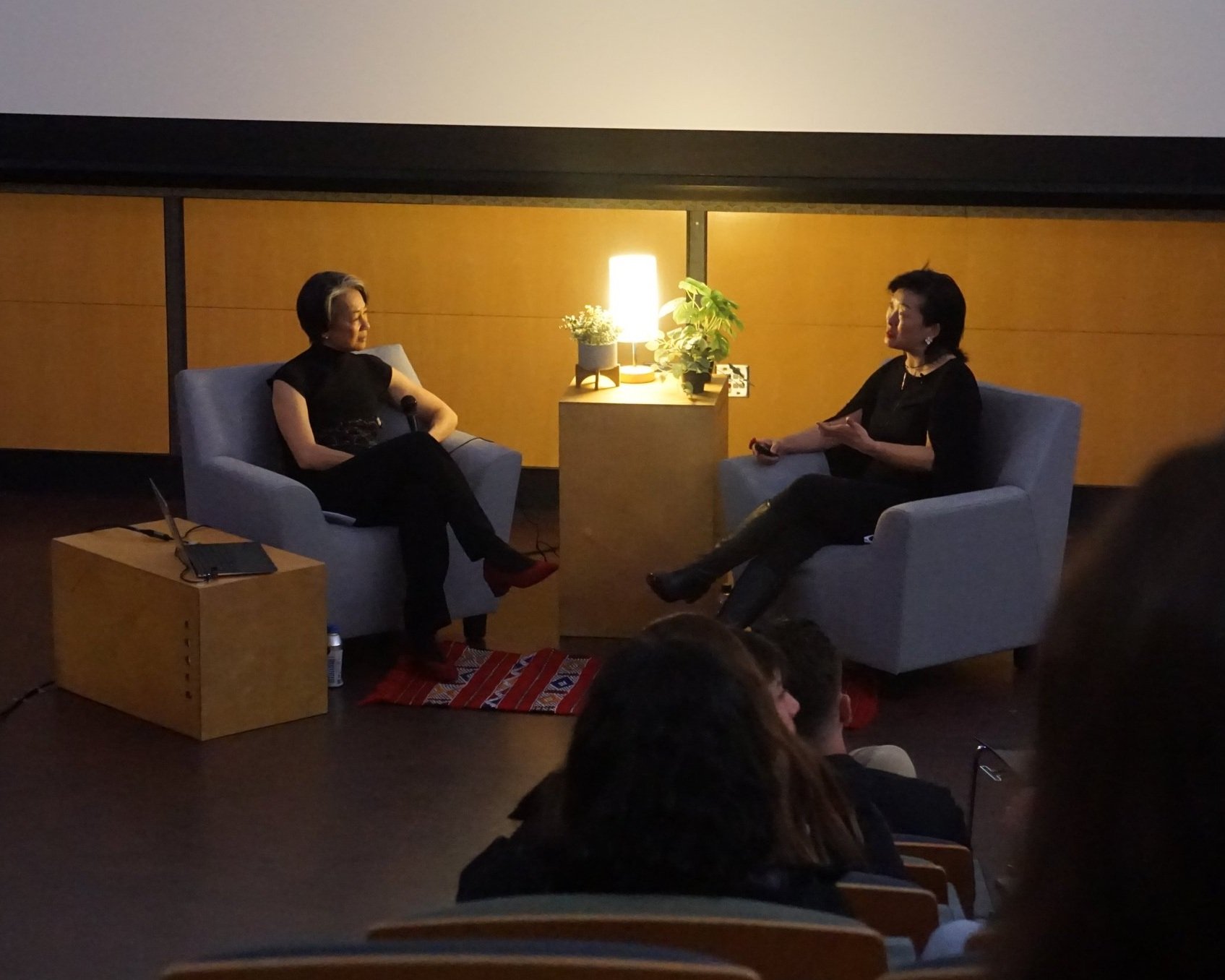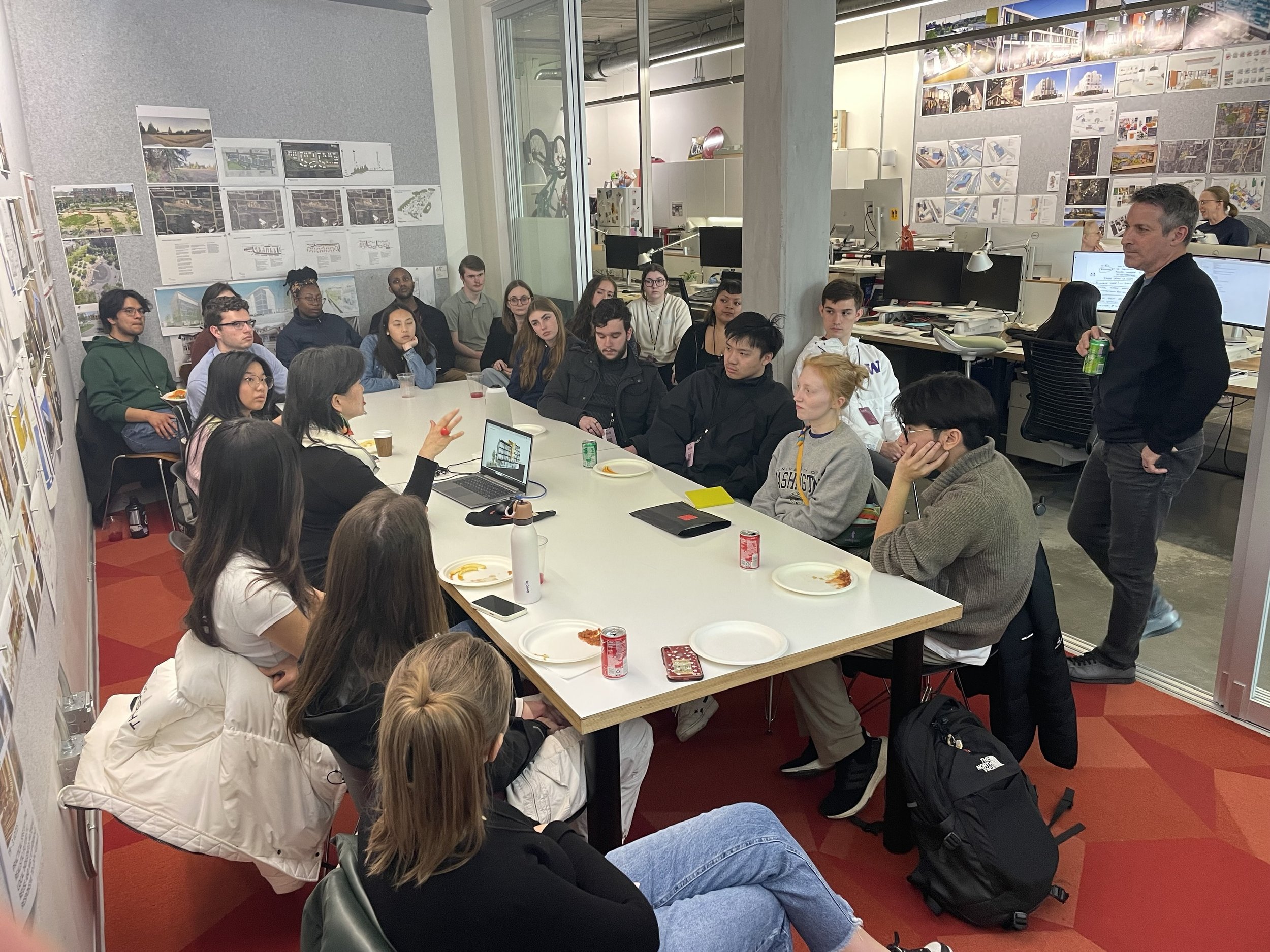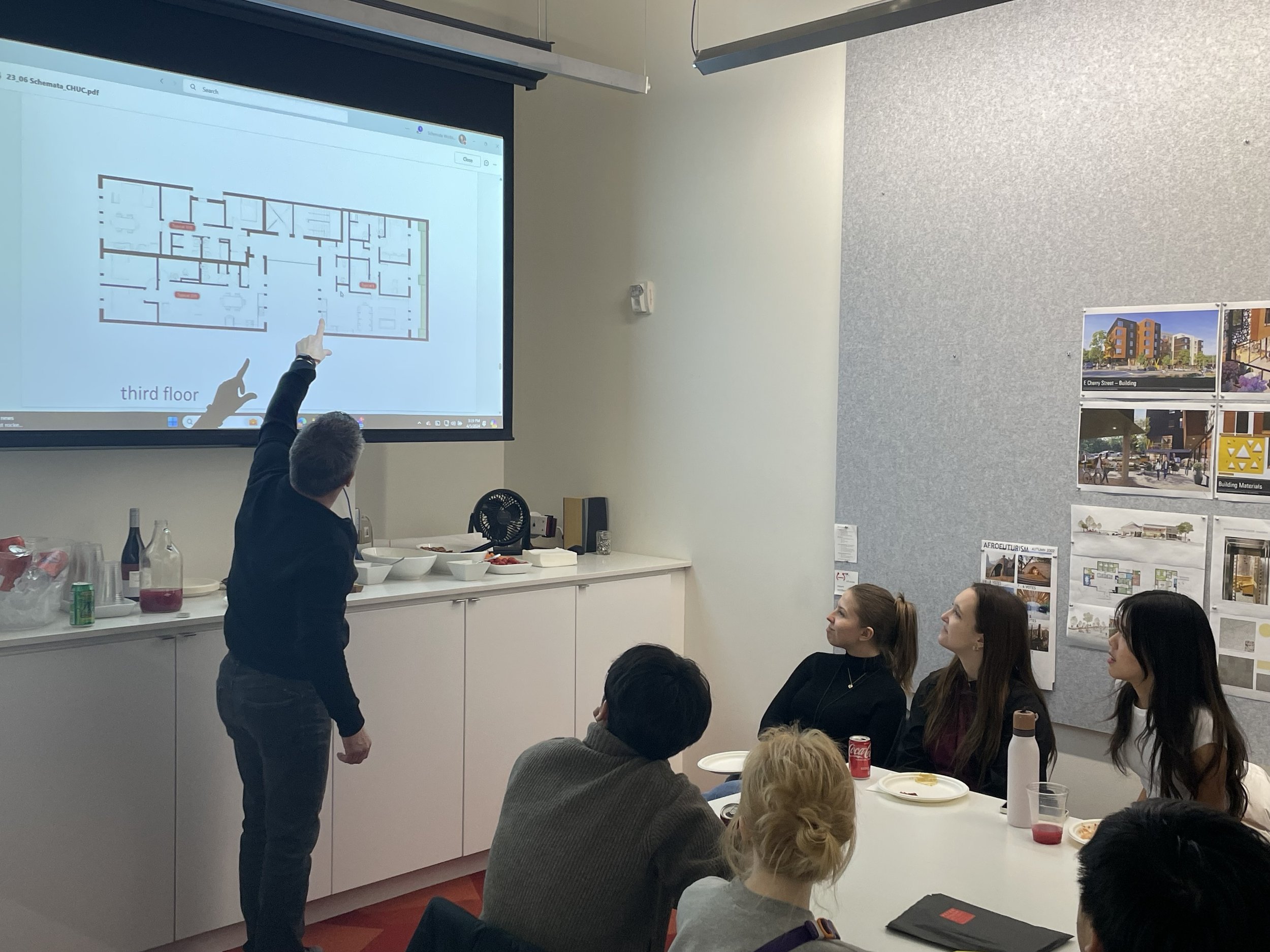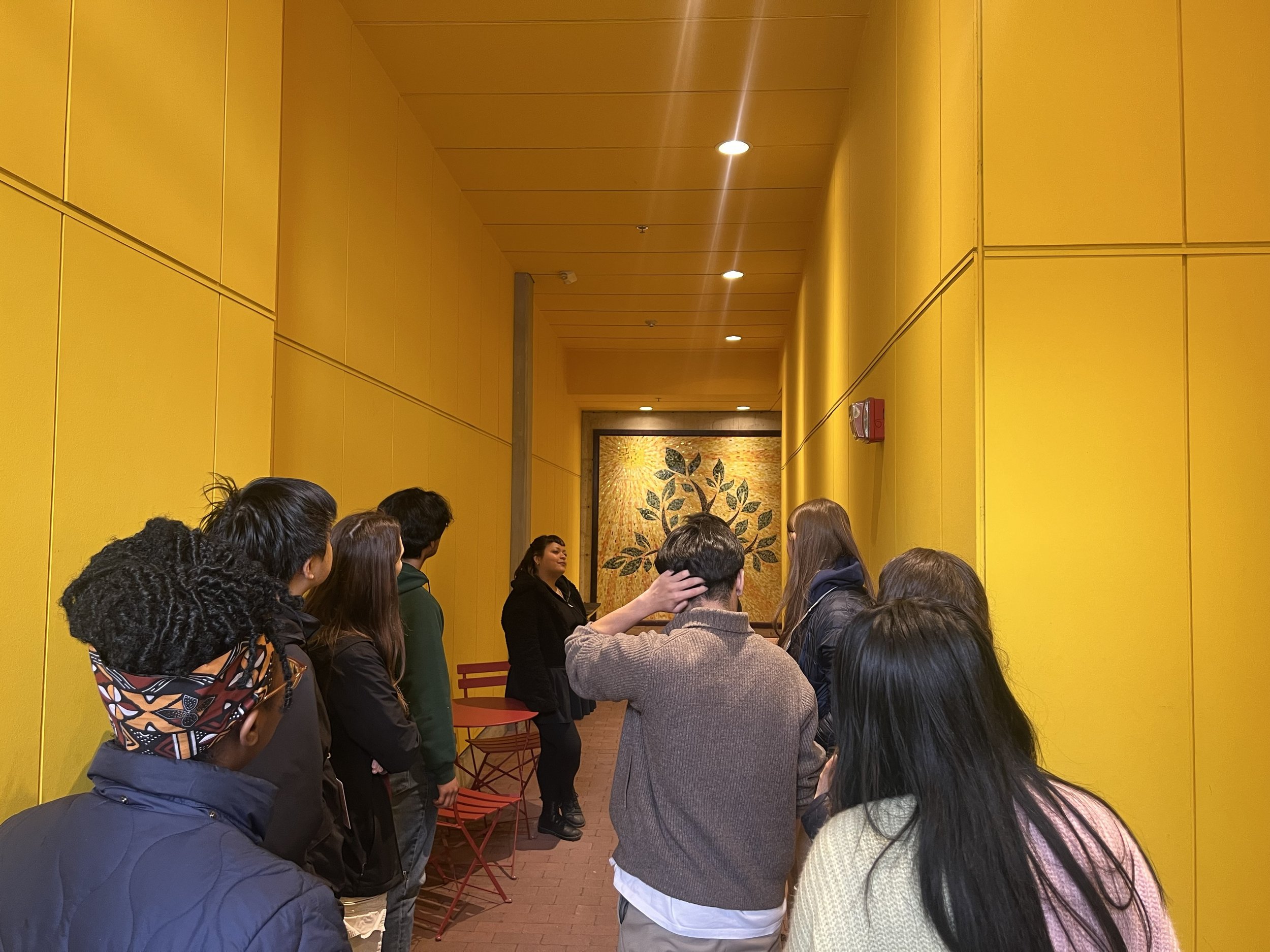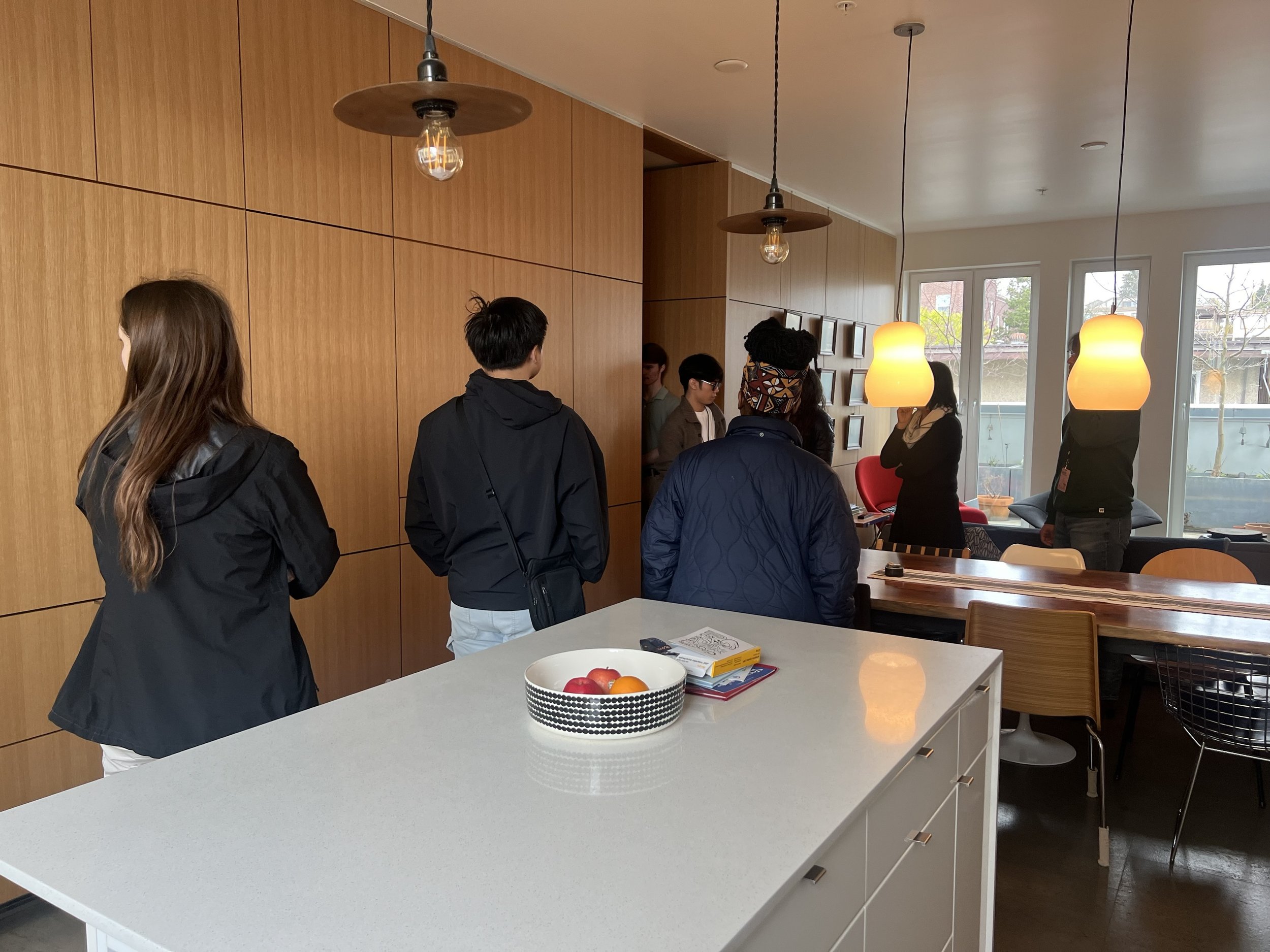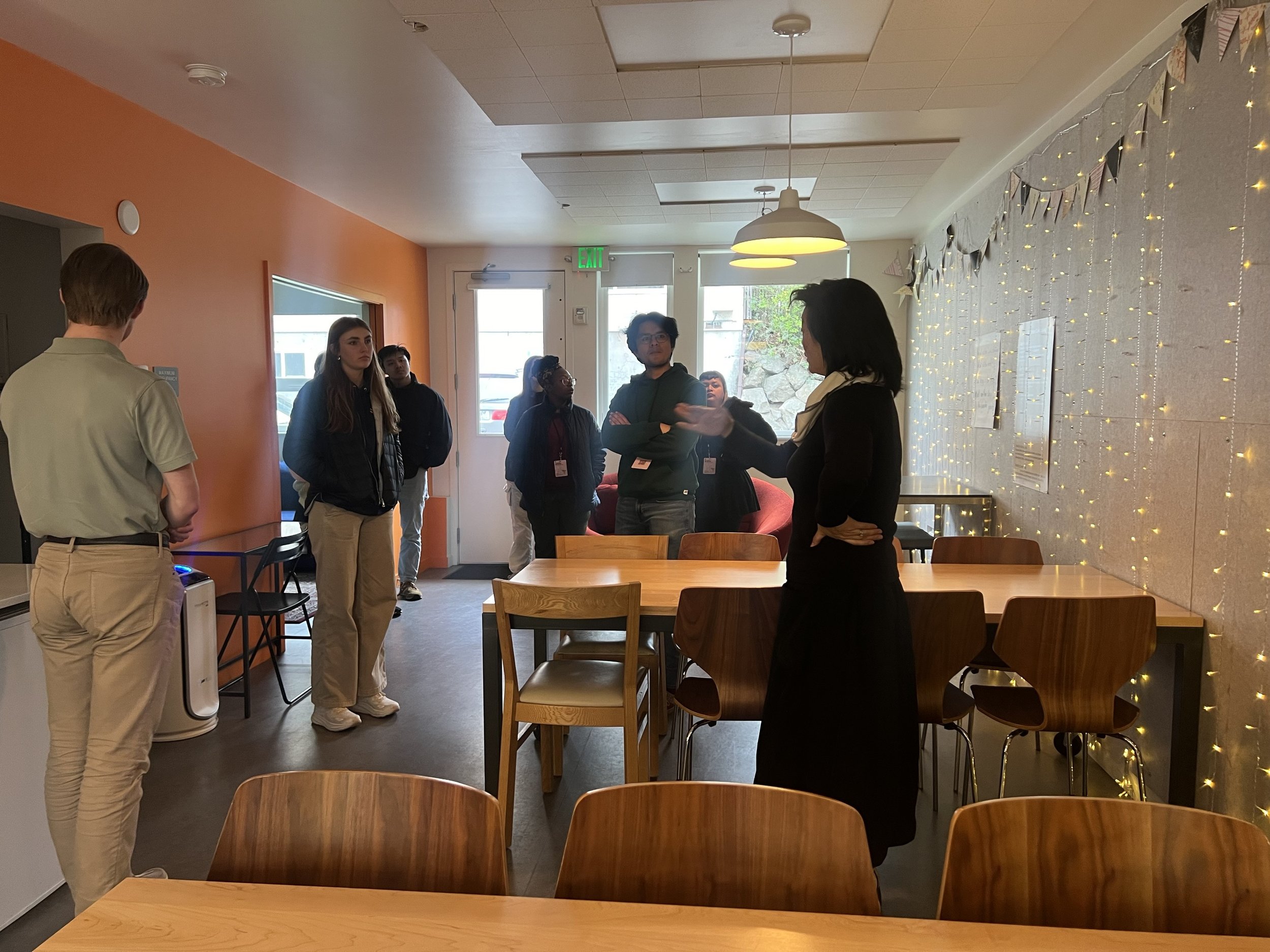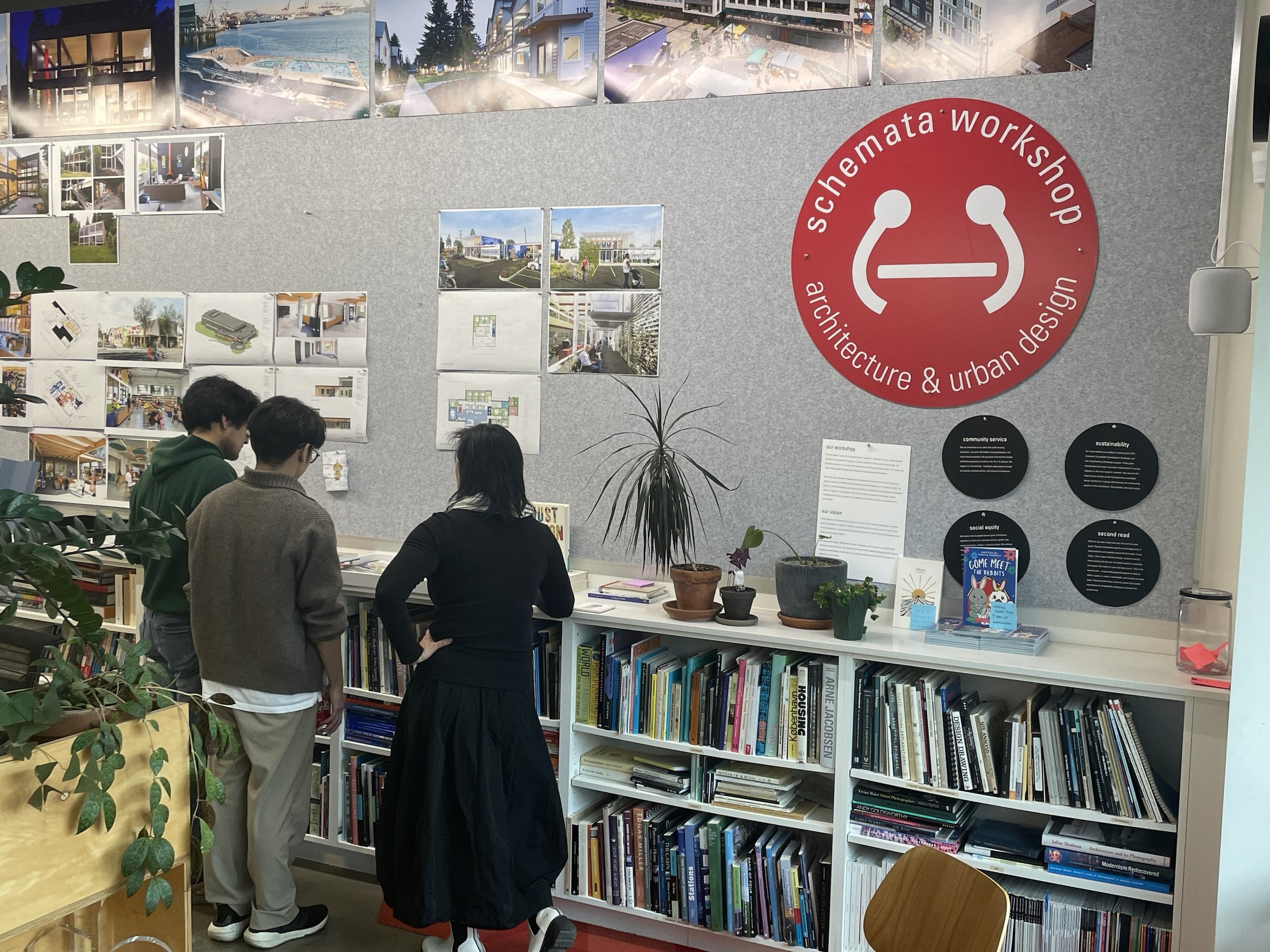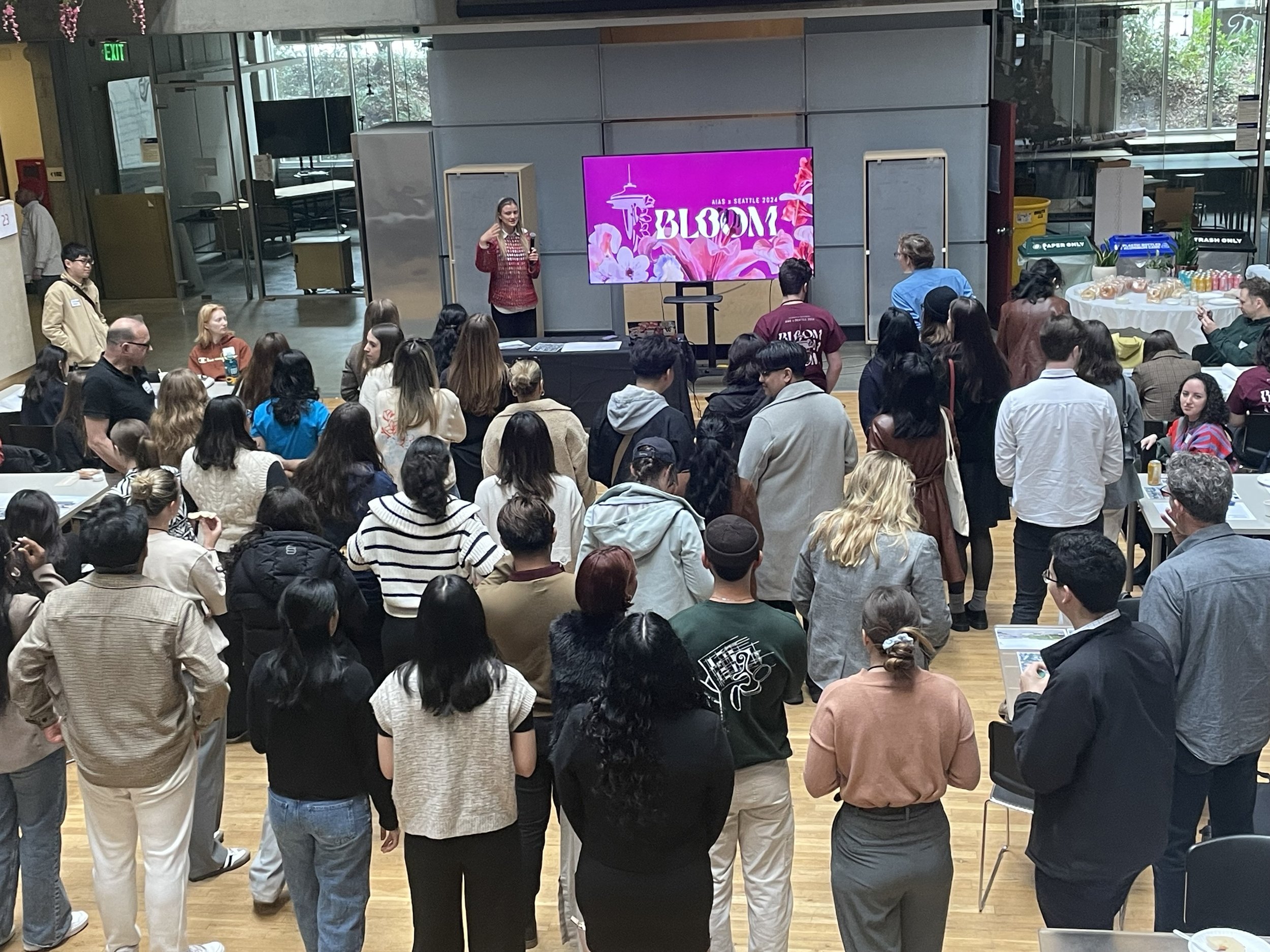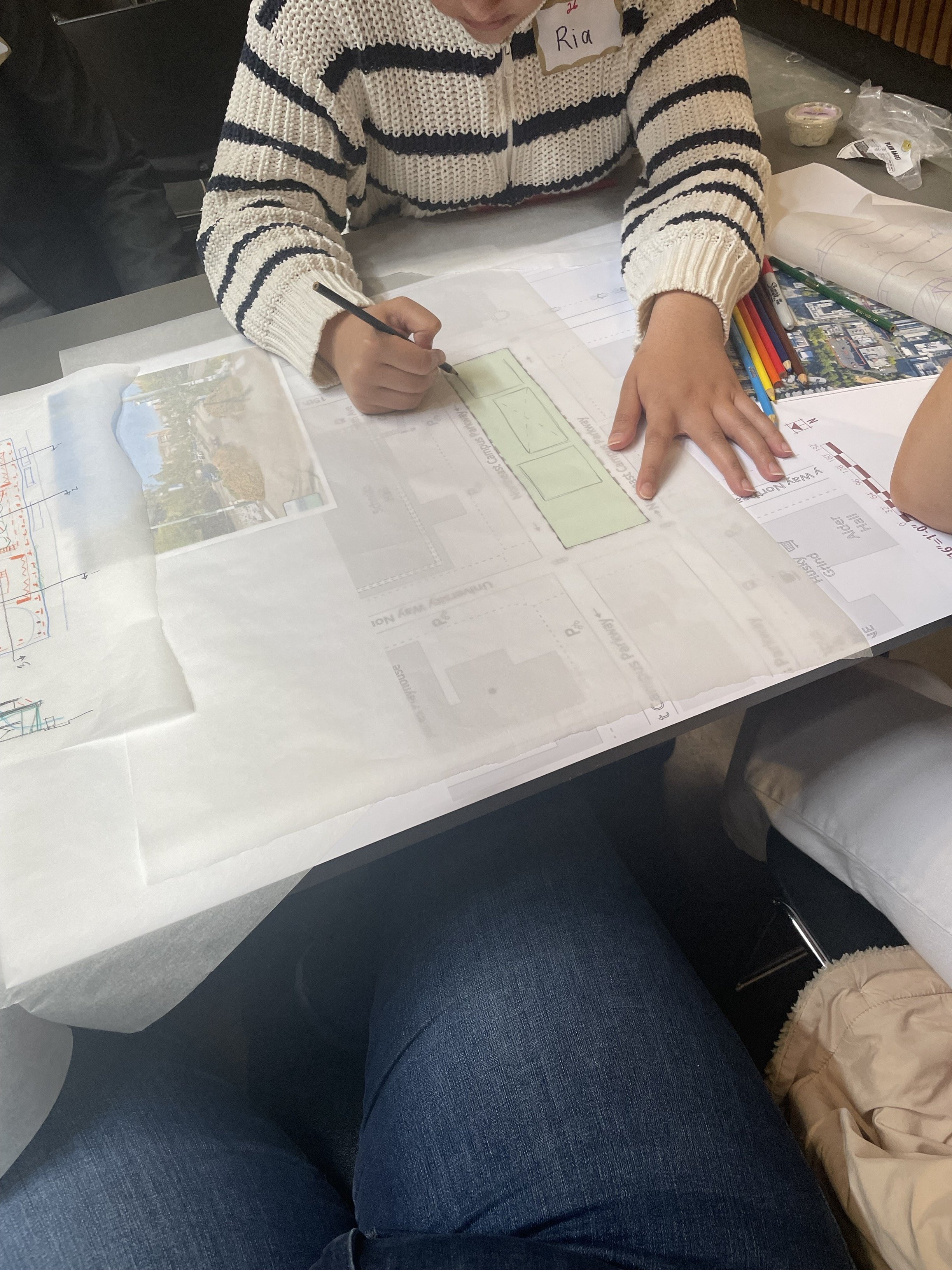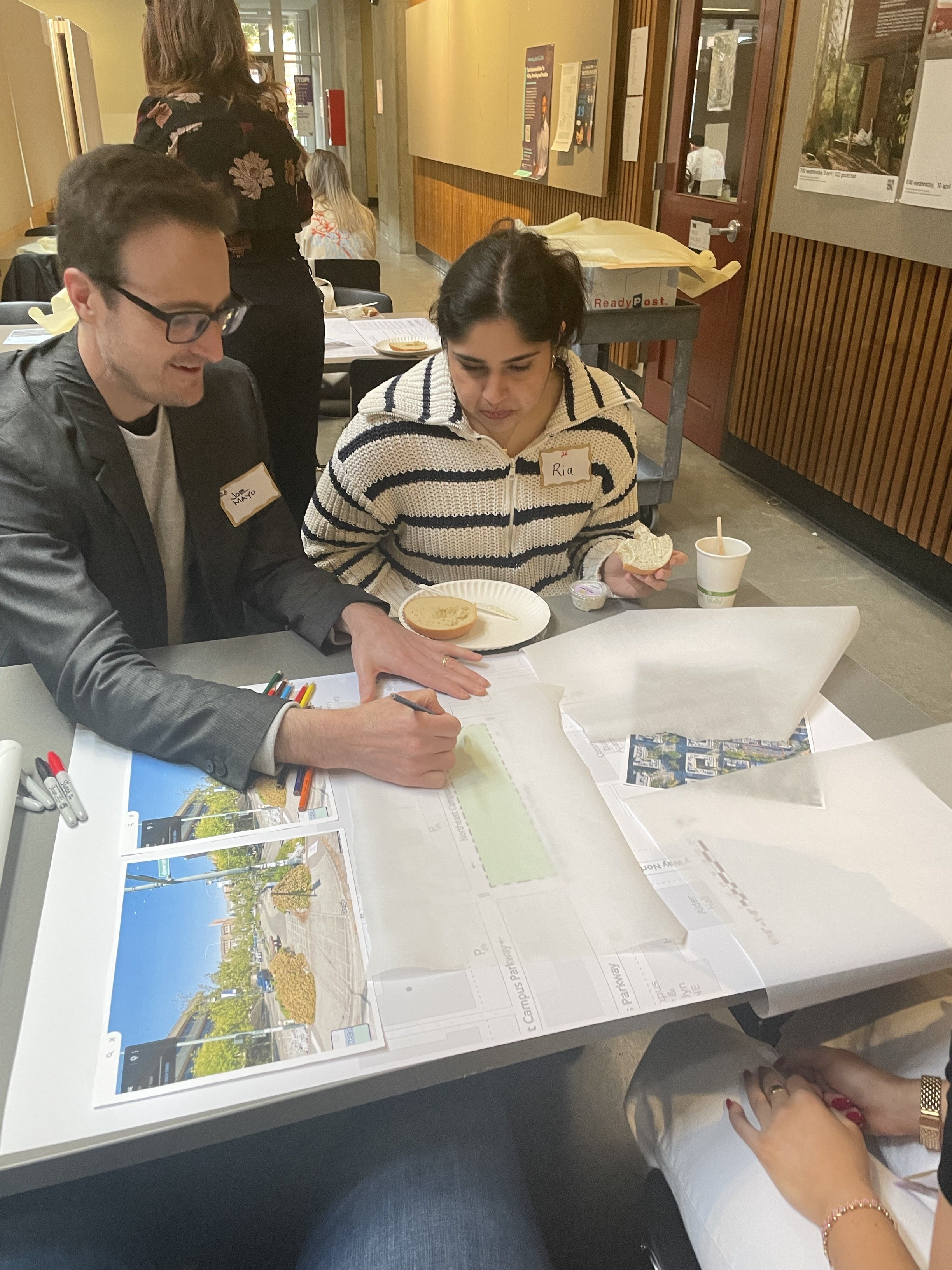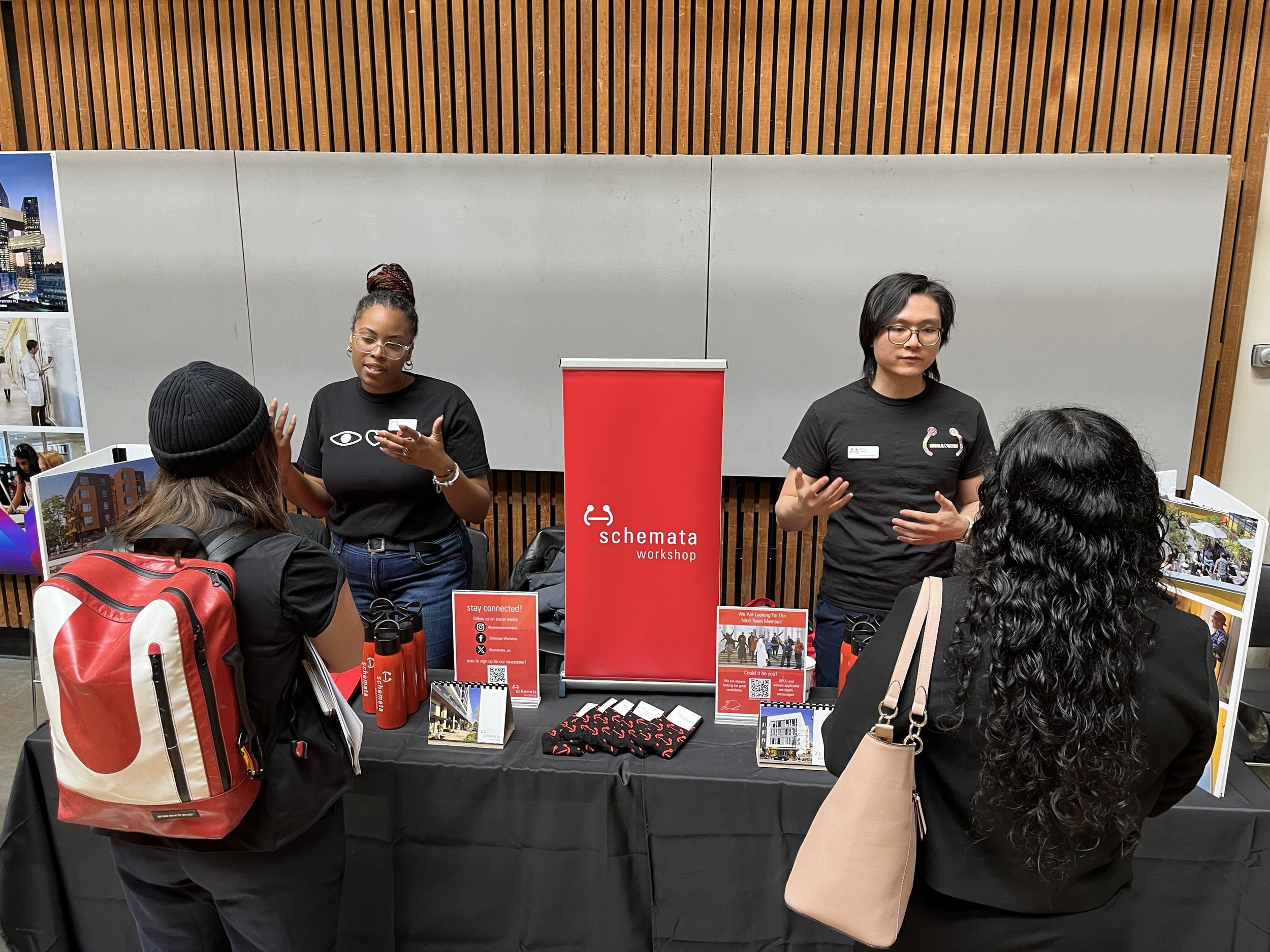In the month of May, Schemata is taking the time to reflect and celebrate the important role that Asian Americans, Native Hawaiians, and Pacific Islanders have played in our industry from looking at AAPI descents who are making an impact on Seattle's design community to sponsoring and participating in NOMAS UW’s "Making + Taking Up Space: Dismantling the Model Minority Myth".
As we wrap up the end of AAPI Month, Schemata wants to spotlight our own talented architects and designers that represent part of the AAPI community: Alex, Joann, Ye, Grace, Shweta, & Caitlin!
We asked our AAPI team members to share with us how their cultural heritage informs their approach to work or design, and how do the values, traditions, or experiences from their background shape the way they approach projects or problem-solving.
Alex Lin
As a child of Chinese immigrants, my family has always adapted their traditions to the American context. From our living arrangements (housing three generations of my family and all of the family business’ staff under the same roof) to small daily rituals like burning incense for our ancestors, my parents purposed a typical single-family suburban home to create opportunity and community while continuing to practice their cultural traditions. As a designer, both my family’s and my experience navigating the blurring of Chinese and American culture continues to shape the values and ideas that I contribute to our work.
Joann Ware
I am a child of Taiwanese emigrants, who navigated a new culture in the US while raising children and working extremely hard. I watched my parents approach life with curiosity and saw them build community through acts of kindness and nourishing others with food. I carry these values forward in my work as a designer, community activist, and parent.
Ye Sun
Growing up in Shandong, China, I was steeped in the rich traditions of Confucianism, which permeated both my education and social interactions. Central to Confucian teachings is the emphasis on being people-oriented. This ethos compels me to maintain empathy and an open mind towards every team player and project user in all the design phases.
Grace Kim
As someone who immigrated to the U.S. in early 1970s, the Korean culture I was raised in is very collective and interconnected. There were very few Koreans in Seattle at that time. There is a high value for hard work, family, and respect for elders. At a very early age I learned we take care of each other and work together for the benefit of the whole. I think this is why I like working collaboratively to solve problems. And it’s why I like to engage the community in our projects. They have much wisdom- through their lived experiences, and knowing what their strengths and needs are. Also growing up in an America that was socializing the idea of assimilation, I see how I was indoctrinated into a very racist view of myself and my culture. This is informs my desire to have Schemata work towards being an anti-racist design practice.
Shweta Sinha
I first came to the US for graduate studies, and brought with me influences from Indian culture, spaces, and architecture. I tried very hard to fit in and possibly even underplay those influences. I now celebrate the fact that my life experiences give me a unique perspective and allow me to think differently – aspects of community, intergenerational living and resourcefulness are integral to the architect I am.
Caitlin Truong
As a second generation Vietnamese-Chinese American, I have always felt caught between three cultures and worlds, never truly feeling like I belonged; always existing in a gray space. Through design, I hope to create a sense of home and belonging for others as I have learned how to navigate my identity in a world where I do not belong neither here nor there.







